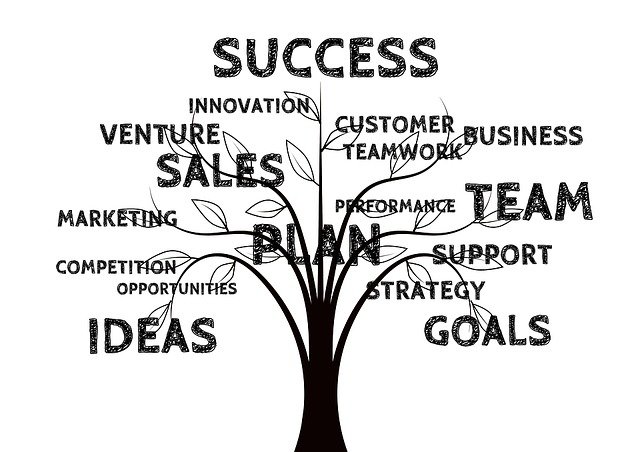Leveraging CRM Systems for Educational Institutions: A Path to Enhanced Efficiency and Student Success
In today’s rapidly evolving educational landscape, institutions face multifaceted challenges ranging from student recruitment and enrolment to fostering academic success and alumni engagement. Amidst this complexity, the integration of Customer Relationship Management (CRM) systems emerges as a transformative solution, offering a multitude of advantages tailored to the unique needs of educational environments.
At its core, a CRM system serves as a centralized platform that is designed to manage interactions and relationships with various stakeholders, including prospective and current students, alumni, as well as faculty and administrative staff. By harnessing the power of CRM technology, educational institutions can unlock a plethora of benefits that streamline operations, deepen engagement, and ultimately propel student successes.
One of the primary advantages of implementing a CRM system lies in its capacity to optimize the recruitment and admissions process. Through robust data management capabilities, institutions can track and analyse prospective student inquiries, applications, and enrolment trends, real-time. By gaining valuable insights into prospective students’ preferences, behaviours, and demographics, institutions can tailor their outreach efforts, personalize communication strategies, and effectively nurture leads throughout the enrolment journey.
Moreover, CRM systems empower educational institutions to enhance student retention and success initiatives. By systematically capturing and analysing student data, including academic performance, attendance records, and engagement metrics, institutions can identify at-risk students early on and proactively intervene with targeted support services. From personalized academic advising to timely intervention programs, CRM-enabled initiatives can foster a supportive learning environment conducive to student achievement and persistence.
Furthermore, CRM systems play a pivotal role in fostering alumni relations and fundraising efforts. By maintaining comprehensive alumni databases and tracking engagement activities, institutions can cultivate lifelong relationships with alumni by leveraging their expertise, networks, and philanthropic contributions to support institutional goals. Through targeted communication, event management, and donor stewardship, CRM systems also enable institutions to nurture a vibrant alumni community that is committed to advancing the institution’s mission and impact.
In addition to enhancing recruitment, retention, and alumni engagement, CRM systems offer operational efficiencies that streamline administrative workflows and optimize resource allocation. From automating routine tasks such as email communications and appointment scheduling to facilitating seamless collaboration across departments, CRM technology empowers staff to focus their time and energy on high-impact initiatives that drive institutional growth and excellence.
In conclusion, the advantages of utilizing a CRM system in an educational environment are multifaceted and far-reaching. By harnessing the power of data-driven insights, personalized engagement strategies, and streamlined operations, institutions can cultivate a culture of excellence, foster student success, and thrive in an increasingly competitive landscape. As educational institutions embrace the transformative potential of CRM technology, they position themselves at the forefront of innovation and are poised to deliver unparalleled value to their stakeholders and communities.


